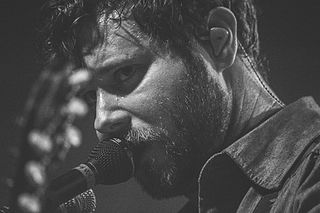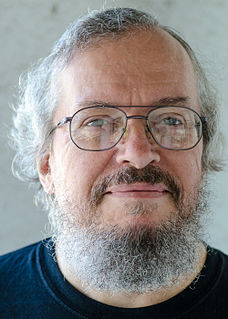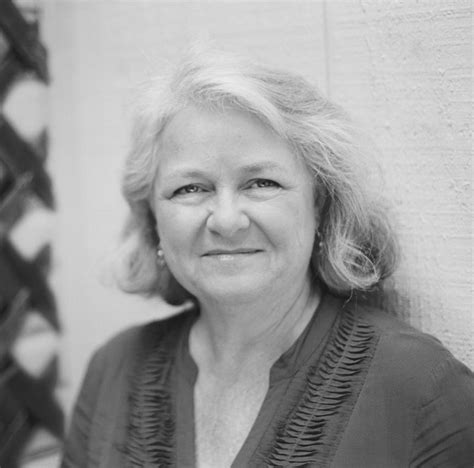A Quote by Trevor Paglen
Anything humans can do in space, robots can do better.
Related Quotes
The exploration of space: Be it by humans or robots, based on the best choice for the mission and the most efficient means to return the data and science sought. Most of the time, this will mean we send robots due to cost and danger. But sometimes, we will need the irreplaceable judgment and descriptive abilities of a person on the spot.
Humans were still not only the cheapest robots around, but also, for many tasks, the only robots that could do the job. They were self-reproducing robots too. They showed up and worked generation after generation; give them 3000 calories a day and a few amenities, a little time off, and a strong jolt of fear, and you could work them at almost anything. Give them some ameliorative drugs and you had a working class, reified and coglike.
Until computers and robots make quantum advances, they basically remain adding machines: capable only of doing things in which all the variables are controlled and predictable. Robots are bad at pattern recognition and certainly at common sense. That's why computers can beat humans in chess but can't have even a basic conversation with a six-year-old.
Back in the twentieth century, we thought that robots would have taken over by this time, and, in a way, they have. But robots as a race have proved disappointing. Instead of getting to boss around underlings made of steel and plastic with circuitry and blinking lights and tank treads, like Rosie the maid on The Jetsons, we humans have outfitted ourselves with robotic external organs. Our iPods dictate what we listen to next, gadgets in our cars tell us which way to go, and smartphones finish our sentences for us. We have become our own robots.






































